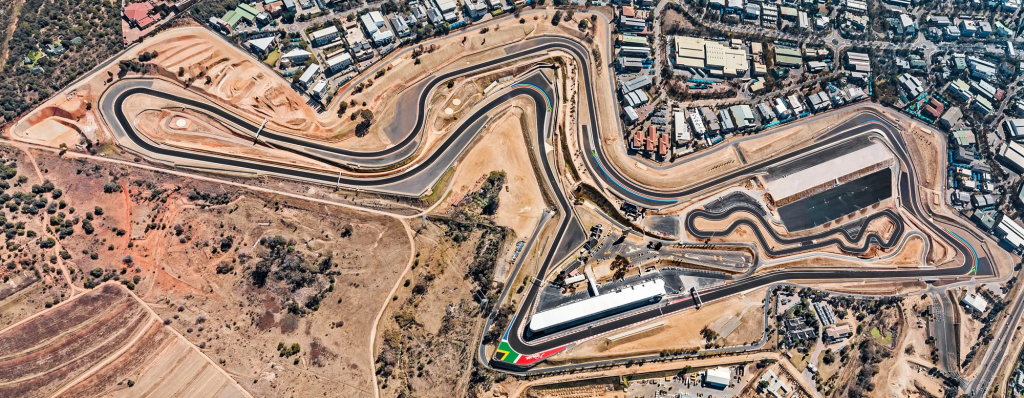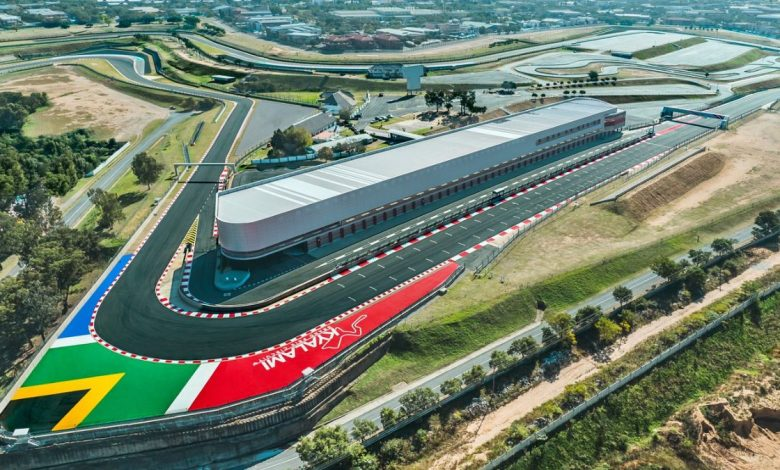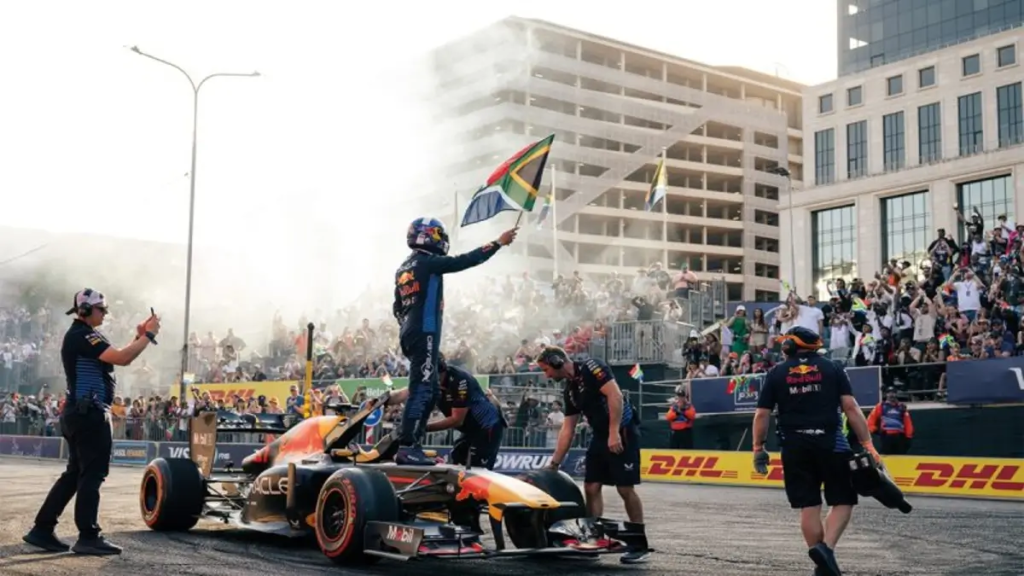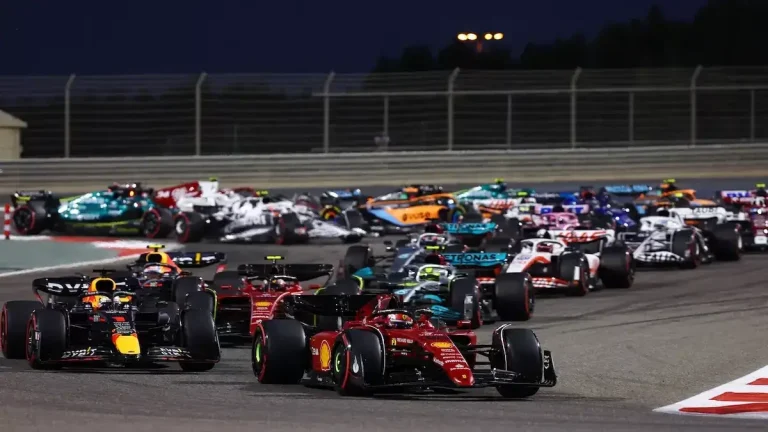South Africa last hosted a Formula 1 Grand Prix in 1993 at Kyalami. Now, efforts are underway to bring the sport back potentially as early as 2027 or 2028 by upgrading the Kyalami circuit to FIA Grade 1 status. The necessary enhancements are feasible within a three-month timeframe once initiated, with costs estimated between R90 million and R180 million, fully funded by the circuit owner.
Thank you for reading this post, don't forget to subscribe!In parallel, Sports, Arts, and Culture authorities have established a bid committee to steer the process. However, experts caution that government engagement at an executive level, such as entering into formal agreements or making deposits, is essential for securing the event. Meanwhile, competing bids from Cape Town, the proposed Wakanda Smart City, and Rwanda have also emerged, yet Kyalami retains the strongest heritage credentials, having hosted 21 Grands Prix between 1967 and 1993.

Economic Boosts Across Sectors
Gauteng’s track record in hosting major events is already impressive. Recent festivals and sporting gatherings, including pop culture conventions, music showcases, rugby tests, and motorsport exhibitions, attracted nearly half a million attendees in a single spring month. These events injected approximately R2.1 billion into the province’s economy and extended average visitor stays to nearly six nights.
In the current financial year, Gauteng welcomed over 6.4 million domestic visitors and recorded R21 billion in domestic spending alone. Adding in international tourism, the province’s tourism sector contributed roughly R63 billion to GDP, spanning R41 billion in foreign revenue and R22 billion from local travellers. The sector directly and indirectly supports over 200,000 jobs and accounts for about 8 percent of the province’s economy.

Formula 1: Multiplying the Impact
Bringing Formula 1 to Gauteng has the potential to inject approximately R1 billion into the local economy driven by tourism, hospitality, and global media coverage. The event would attract tens of thousands of visitors, creating jobs, bolstering local businesses, and enhancing South Africa’s visibility as a top-tier tourist destination.
International comparisons highlight F1’s economic power: the inaugural Miami Grand Prix generated nearly US$350 million in local economic activity, while Las Vegas’ event delivered up to US$1.5 billion. The British Grand Prix adds roughly £100 million every year beyond other revenues. Formula 1 clearly offers a tourism multiplier effect with global reach.

Also read: South Africa Moves Closer to Hosting Formula 1 After Kyalami Circuit Upgrade Approval
Infrastructure and Legacy Gains
The upgrades to Kyalami will not only prepare the circuit for F1 but also enhance supporting infrastructure such as expanded seating, high-end media and medical facilities, and even a luxury hotel within the precinct. These improvements tie into broader regional infrastructure efforts, including transit expansions and safety monitoring enhancements.
Moreover, Formula 1 could invigorate motorsport culture in the region by creating opportunities in engineering, training, and grassroots programmes, providing pathways into a sport often viewed as elite.
Global Branding and Exposure
Hosting an F1 race would put Gauteng and South Africa on the global stage. With Formula 1’s unparalleled media reach, the event would signal the country’s ability to produce world-class sporting spectacles. It also addresses a geographic gap: Afro-centric venues have not hosted F1 since 1993.
However, major financial and operational hurdles remain:
- The estimated rights fee for hosting an F1 Grand Prix ranges between US$40 million and US$50 million, excluding operational and upgrade costs.
- Upgrading the circuit alone is estimated at R177 million.
- Political and financial uncertainties could delay the project.
- Regional competition from cities like Cape Town or countries like Rwanda may complicate South Africa’s bid.
Why Hosting Formula 1 in Gauteng Is a Game-Changer
| Advantage | Why It Matters |
|---|---|
| Tourism & Spending | Massive revenue injection across hospitality, retail, and services |
| Job Creation | Event operations and legacy programs generate wide employment |
| Enhanced Infrastructure | Venue and urban environment improvements benefit long-term development |
| Global Exposure | Puts Gauteng on the international map as an elite event host |
| Skill & Cultural Growth | Promotes motorsport, engineering, and access in new sectors |
A return of Formula 1 to Gauteng could be a transformative milestone not just a sporting event, but a strategic economic driver. With substantial private investment, carefully managed public partnerships, and a focus on inclusive legacy outcomes, hosting F1 could elevate tourism, infrastructure, skills development, and regional branding for years to come.
Related article: Formula One Grand Prix Set to Make a Comeback to Kyalami After 30 Years




